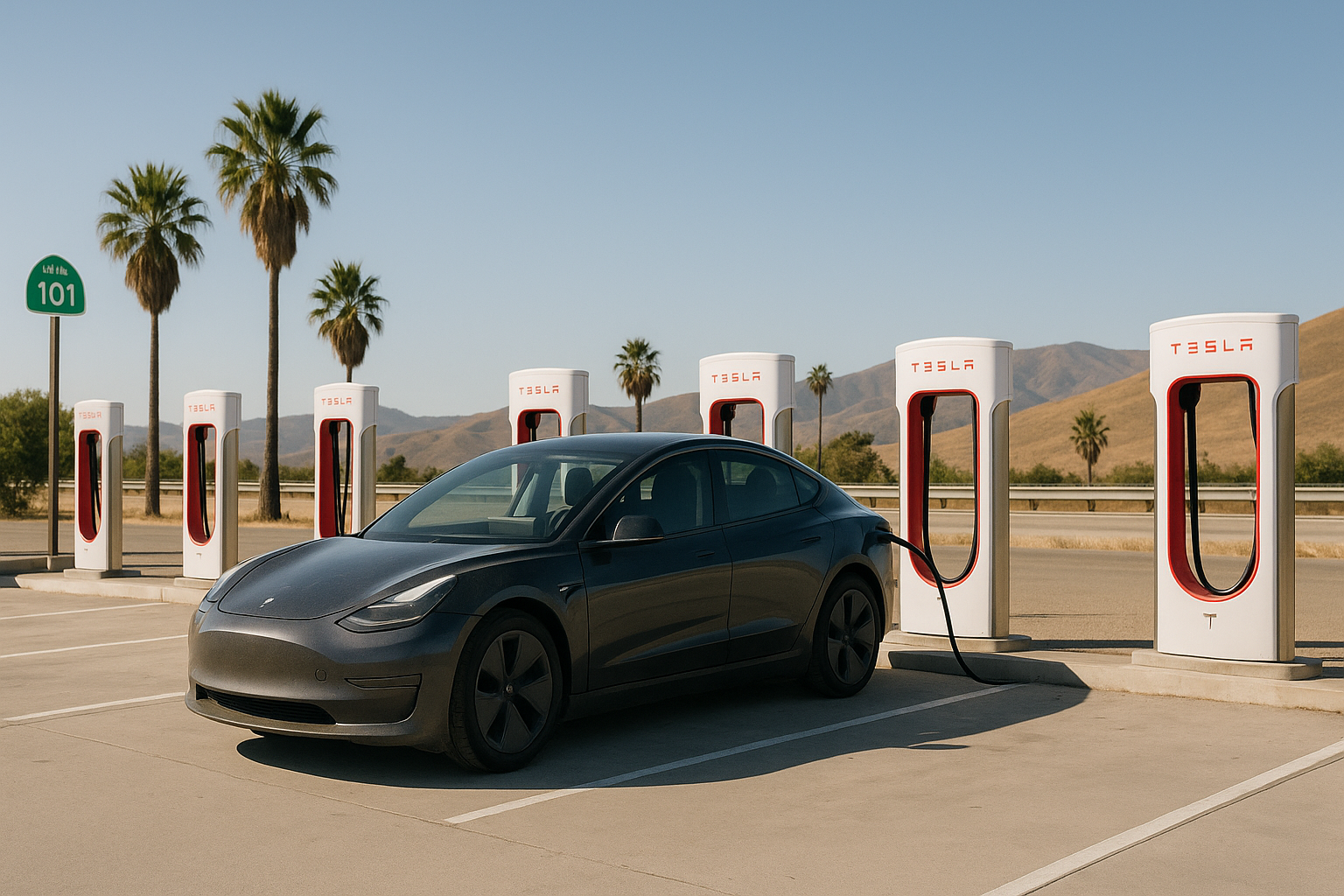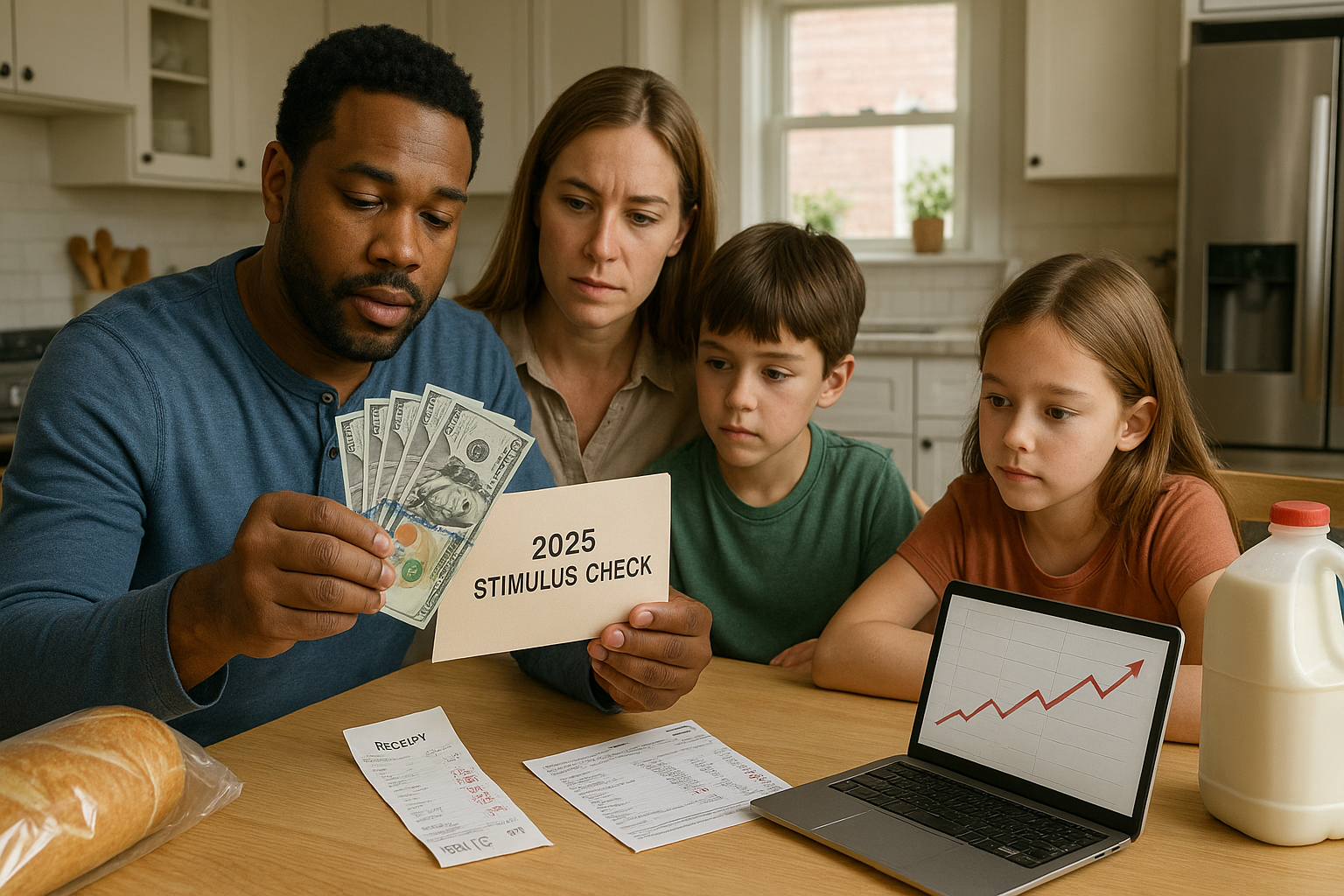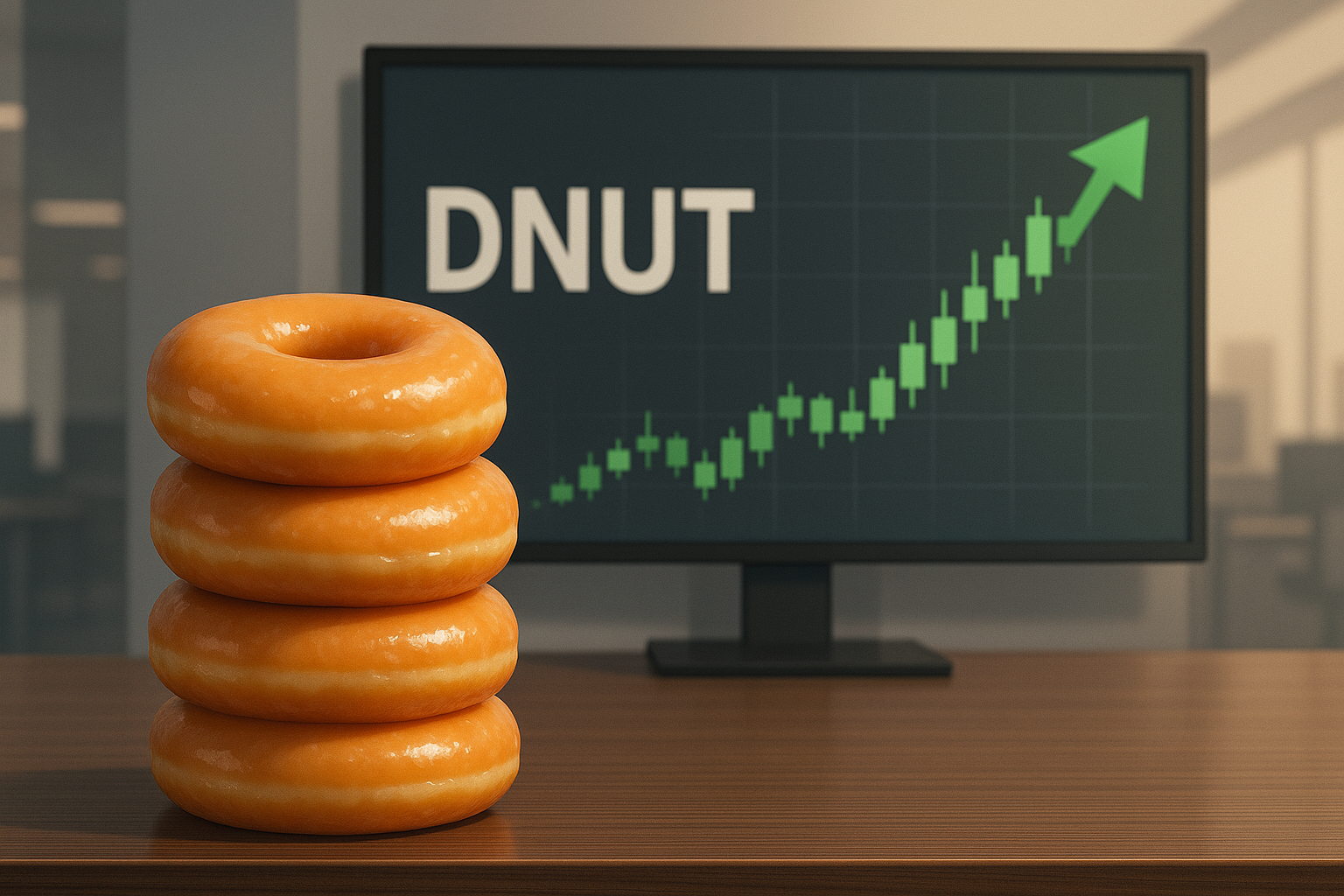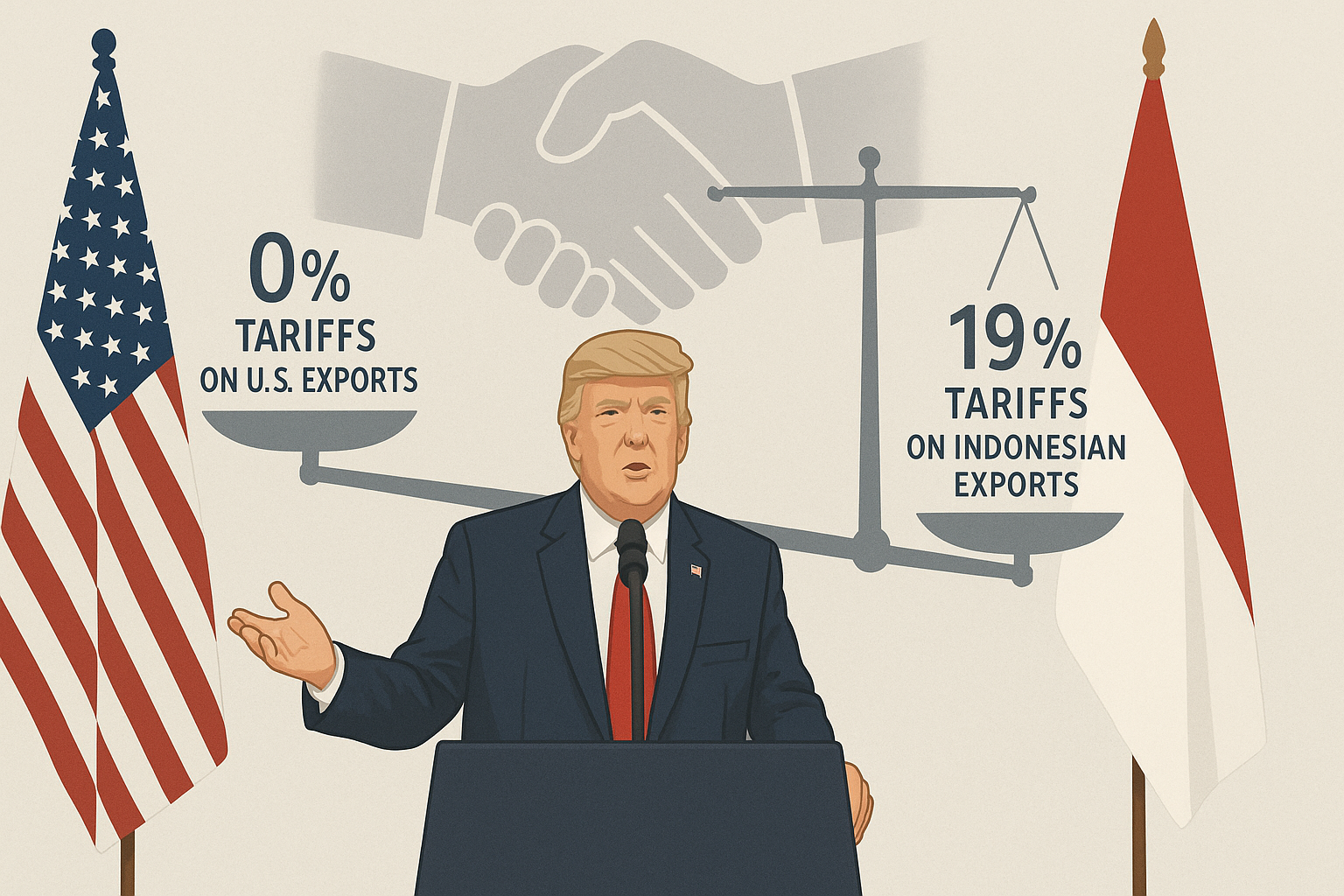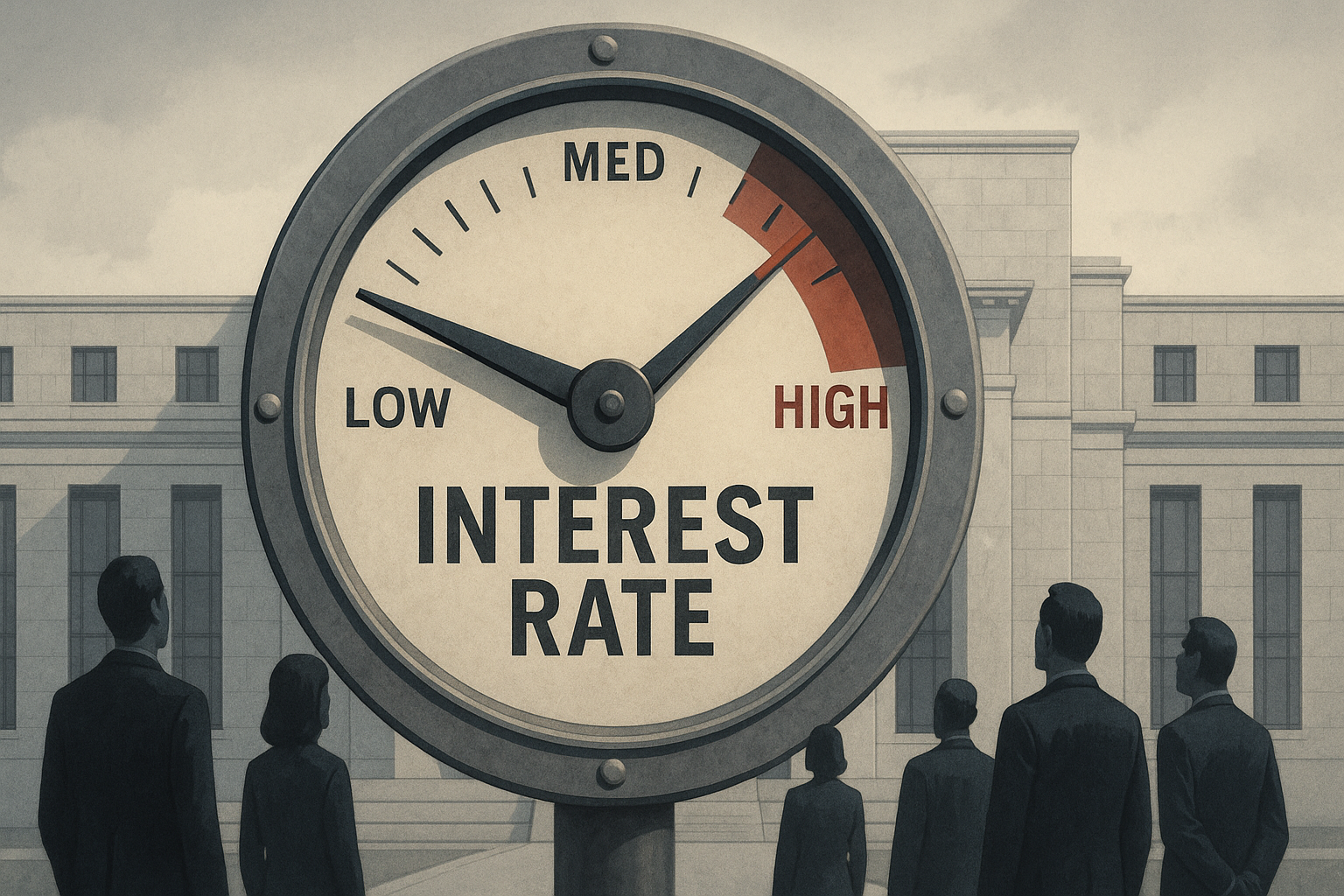Tesla's sales in California have hit a rough patch—a really rough one. Registrations dropped 21.1% in Q2, marking the seventh consecutive quarter of decline in what should be the company's most natural stronghold.
I've been tracking Tesla's performance across different markets since 2019, and this California situation presents what you might call the "hometown curse." It's a bit like watching a beloved local band suddenly fall out of favor at the very clubs where they got their start.
The Golden State should be Tesla's unshakeable fortress—affluent, eco-conscious, tech-forward, with charging stations practically on every corner. Hell, it's where the company was born! But seven straight quarters of decline? That's not a blip; that's a trend.
What's happening feels painfully predictable to anyone who's studied consumer adoption cycles. Early adopters get bored and move on. The Tesla that once screamed "I'm environmentally conscious AND successful" now whispers "I bought this three years after everyone else at my yoga studio."
(Full disclosure: I test-drove a Model Y last month and found myself more impressed than I expected to be, despite the panel gaps my neighbor keeps complaining about.)
The timing isn't random. These seven declining quarters align almost perfectly with the arrival of genuine alternatives from traditional automakers. The BMW i4, Hyundai Ioniq 5, and Ford's Mustang Mach-E now offer comparable range and features without—how shall I put this delicately?—the baggage of Elon's increasingly divisive Twitter presence.
For Californians especially, switching to another EV brand might actually gain you more status points at the farmers market than showing up in yet another Model 3.
Look, there's also the product cycle to consider. When was the last time Tesla introduced a truly new mass-market vehicle? The Model 3 and Y are now as common on California highways as BMWs were in the 2000s. And the Cybertruck, whatever its merits, appeals to a demographic that's more Joe Rogan than Silicon Valley VC.
It reminds me of Apple's challenges in saturated smartphone markets—a comparison I've been making since 2018, sometimes to the annoyance of Tesla bulls. Once everyone who wants your product already has it, where does growth come from?
Tesla's traditional competitive moats—range advantage, charging network, software superiority—have narrowed considerably. Turns out car buyers still care about things like build quality, customer service, and whether the CEO is focused on improving the product rather than... well, whatever exactly Elon's been doing on social media lately.
The seven-quarter slide raises an uncomfortable question: If Tesla can't maintain momentum in the most EV-friendly market in America, what does that say about its growth potential elsewhere? The promised "affordable" Tesla keeps getting postponed, and the market below $40,000 remains Tesla-free territory.
That said... betting against Musk has been a fool's errand for most of Tesla's existence. I've watched analysts predict Tesla's demise since the Model S days, and they've been consistently wrong.
The company still maintains remarkable advantages in manufacturing efficiency and vertical integration. Their margins, even after recent price cuts, make traditional automakers weep with envy.
But for investors who've priced Tesla as a hypergrowth tech company rather than an automaker, these California numbers should at least give pause. Seven straight quarters of decline in your home market isn't something you can handwave away with promises of robotaxis and humanoid robots.
Then again, I've been wrong about Tesla before. Many times, actually. Maybe the California slump is just the prelude to another reinvention.
In the meantime, those California numbers keep falling—one registration at a time.
